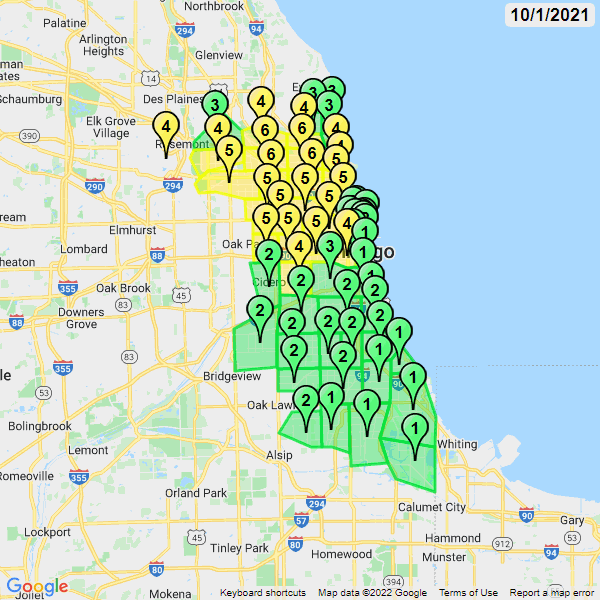Joy posted,
“I’m happy to say that we’ve seen improvements in some aspects of absurdity caused by the Vicinity Update on businesses with business names that contain keywords. We noticed patterns before that companies with keyword-rich business names were being removed when multiple businesses were in the market with identical names (@Yan Gilbert found this). Thankfully, the process appears to be changing.”

The second version has a lower impact on implicit keywords that have no city name:

The chart below is of Bright Local showing the changes on March 22nd and 23rd.

This is a graph from Joy that shows how the data spiked in an alternative program on March 23rd or so This comes to an example from WhiteSpark :

I’m curious what we could do to get Google to confirm the March 23rd Google update to local ranking? Forum discussion at Local Search Forums.
What’s Vicinity Update All About?
GoogThis update is named after it seems to target proximity as a ranking factor primarily. Although proximity has long been a crucial signal for local search results, it’s also been the case that businesses were able to optimize to rank far from their actual business location.
Through the Vicinity update, Google focuses on making local search results more relevant to the searcher. This will also help local businesses with a greater chance to rank. Now businesses will be only competing with local competitors rather than those far away.
When it comes to adding keywords to the business name of a Google Business Profile listing, research from Sterling Sky has some findings. The vicinity update has decreased the potential benefit of doing so.
The Sterling Sky data revealed that companies using keywords inappropriately in their name have now primarily seen a marginal drop in search rankings. This is a win for companies that have consistently followed Google’s guidelines on keyword stuffing. Google's local search pack is evolving to be more user-centric. Vicinity update, query, and location search box are a few best examples.

























































